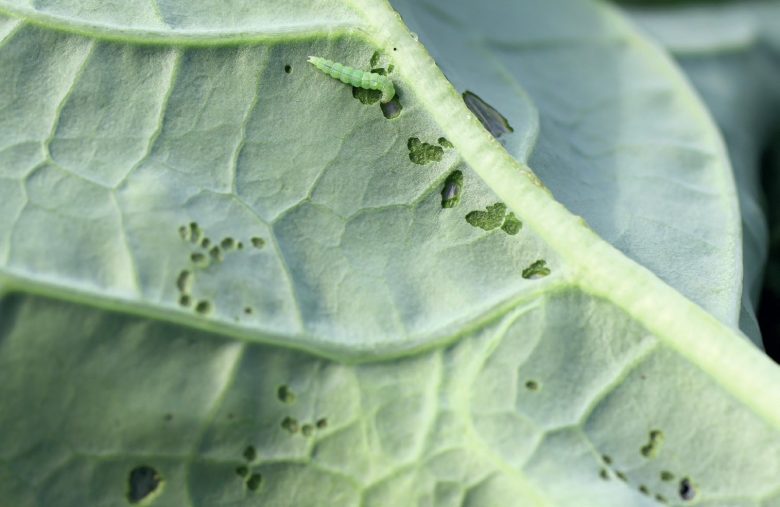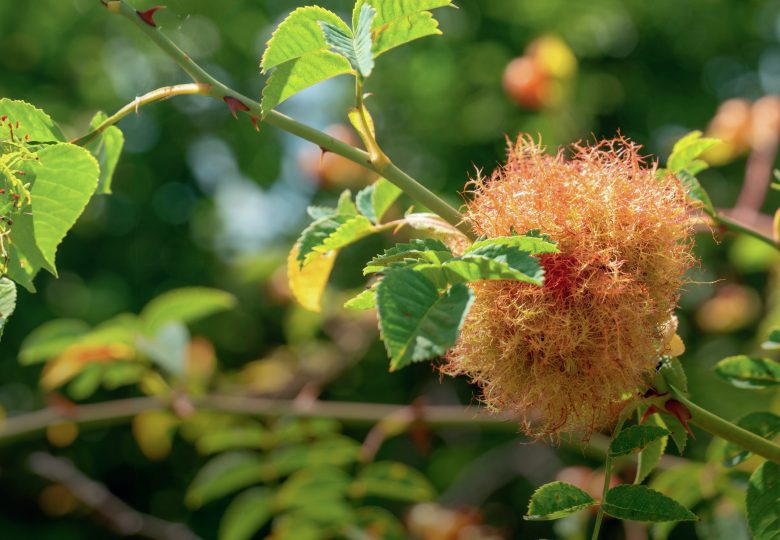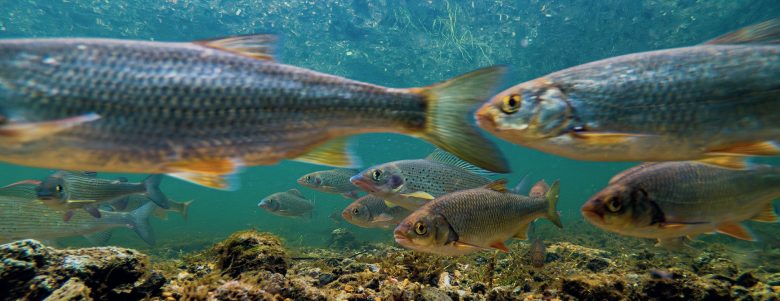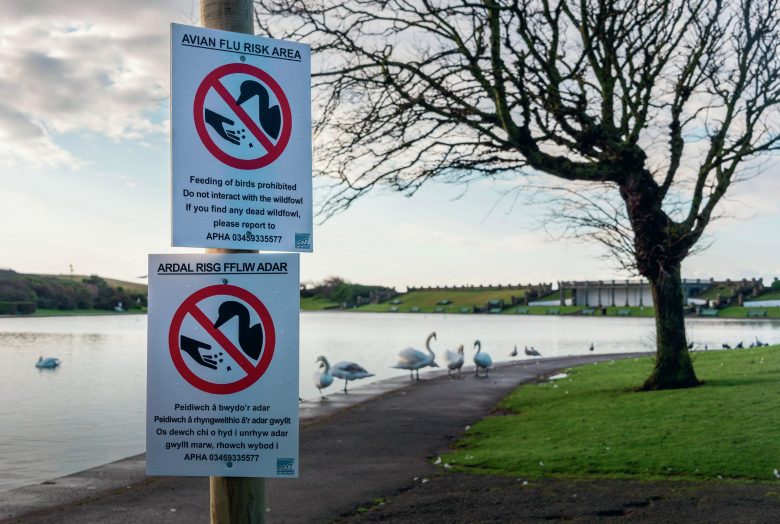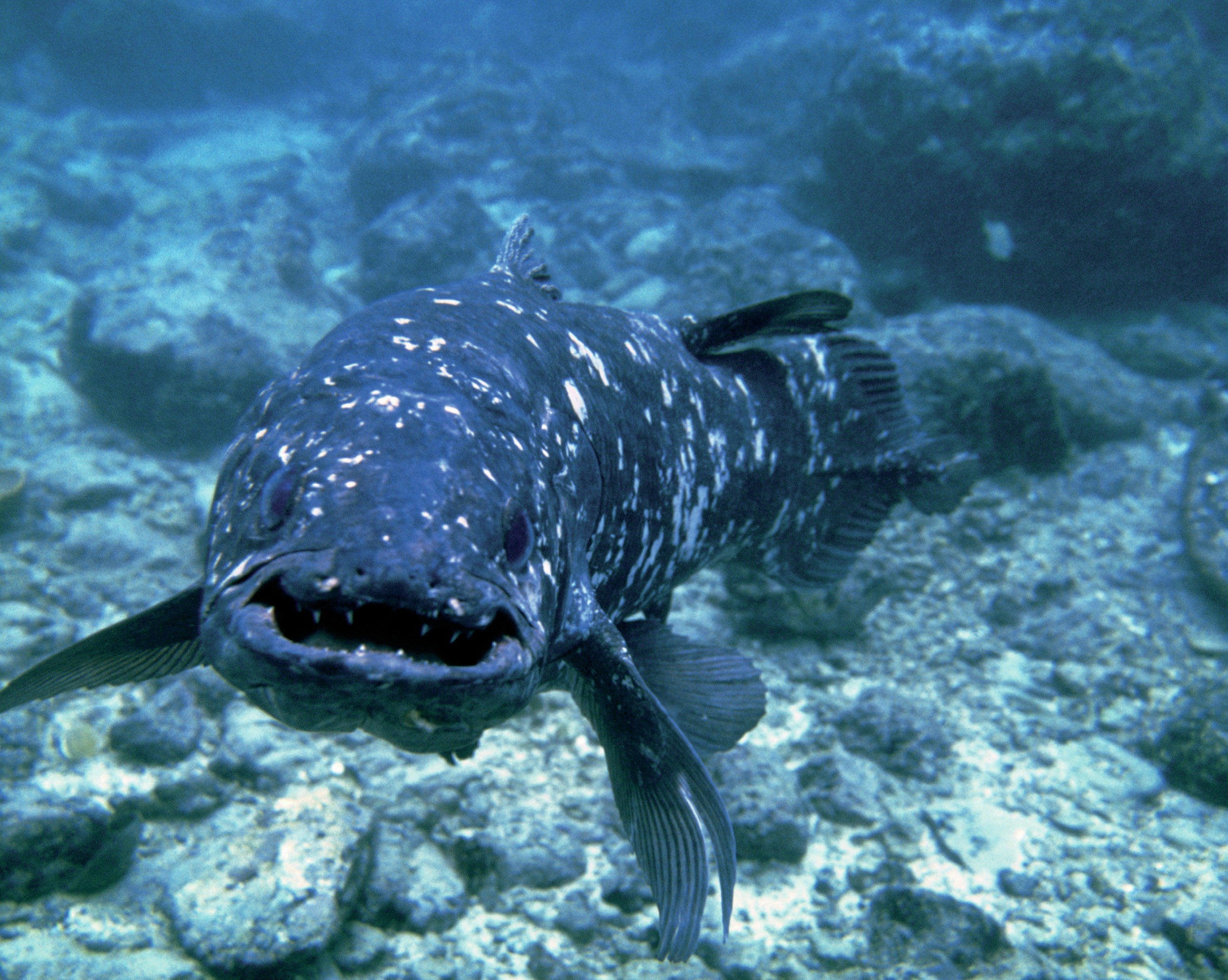
In 1938, on a sun-baked dockside in South Africa, a young museum curator was faced with an unusual problem. On a tip-off from the captain, Marjorie Courtney-Latimer had gone through the hold of a local trawler and now held the zoological discovery of the century quite literally in her hands.
Unfortunately, the nearly 2 metre long fish she was holding was not faring well. Just 2 days before Christmas, at the height of the South African summer, taxi drivers were reluctant to transport a large, decomposing fish. With everywhere stocked for the festive period, Marjorie was also unable to find a fridge large enough to store it.
Your organisation does not have access to this article.
Sign up today to give your students the edge they need to achieve their best grades with subject expertise
Subscribe

